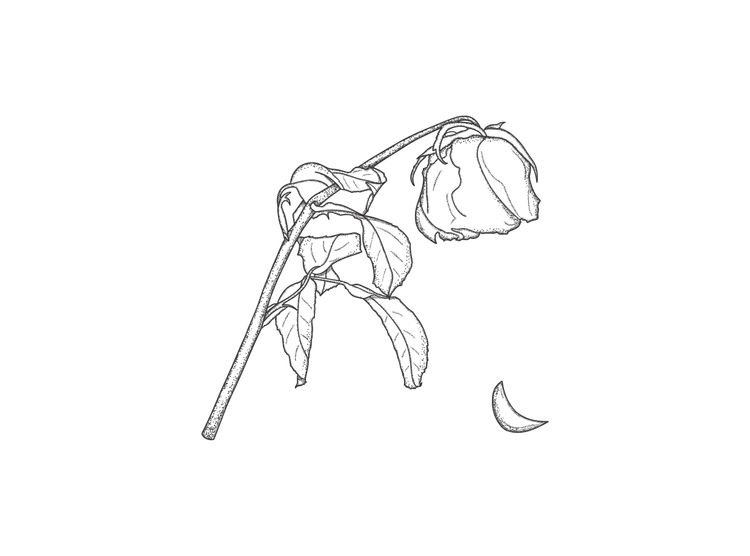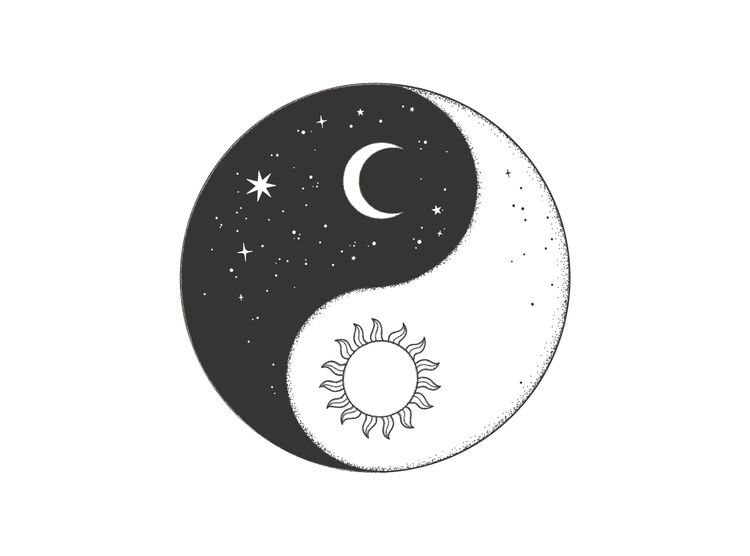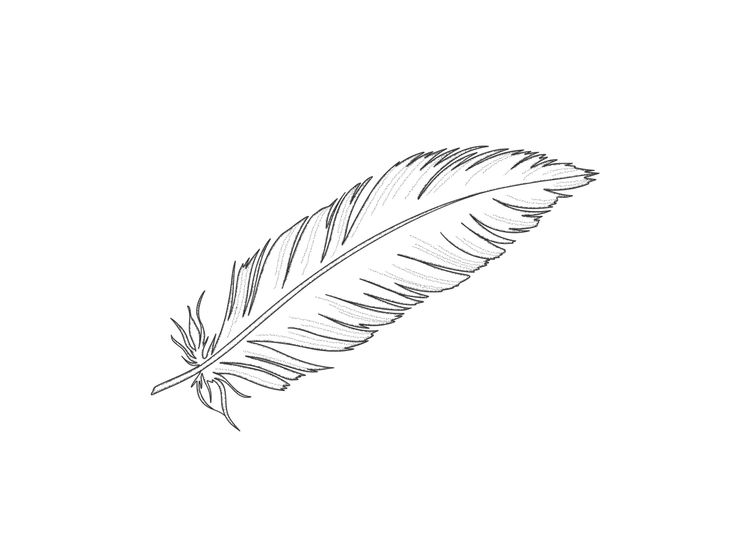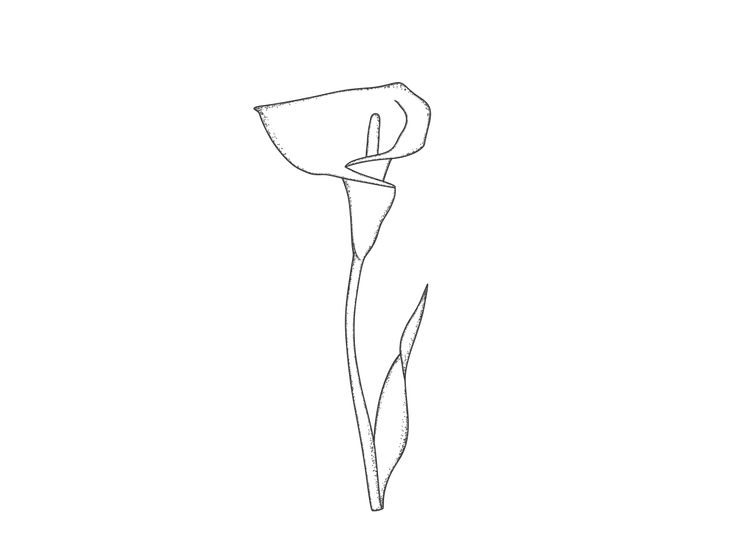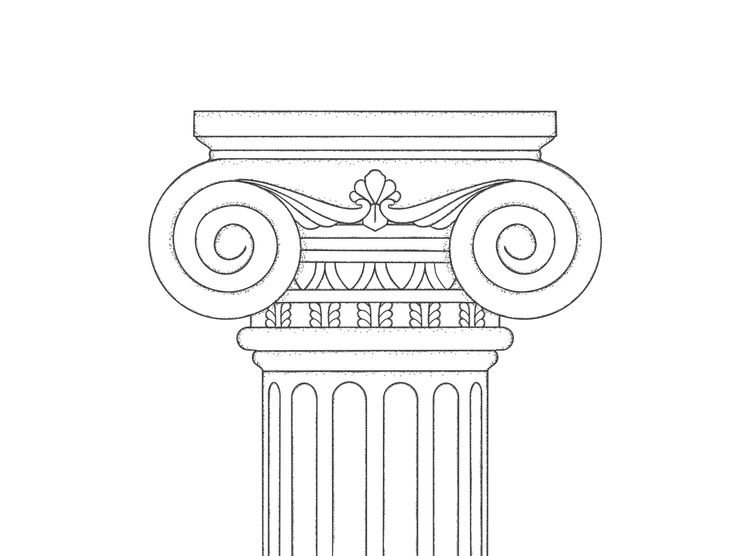Balance

Balance is what we seek when contemplating our divergent needs—for work and rest, for company and solitude, for independence and belonging, for freedom and constraint, for winter and for spring, for adventure and for going home. Balance is itself a need: we suffer when we are out of it.
We are always moving into or out of balance. New needs surface. Old needs reassert themselves. Our environment changes, and with it what we have too much of, and what we lack. We live our lives in constant readjustment.
We naturally return to balance, if we allow it. We listen to all of our needs—physical, psychological, emotional, spiritual. We quiet the parts of us that tell us who we should be, or what we should do, and acknowledge who we are. We look with honest eyes at our addictions, which draw us out of need and into craving.
To move towards balance is to be in deeper contact with ourselves; to be more fully present to all aspects of our being. To feel in balance is to be in harmony with ourselves and our environment—the whole organism supported, resolved, satisfied, complete.
The wealthier we get and the greater the abundance in our lives, the unhappier we become. According to the World Happiness Report, self-reported happiness fell in the U.S., Belgium, Canada, Denmark, France, Japan, New Zealand and Italy between 2008-2018. Anxiety disorder is more prevalent in rich countries than in poorer ones, despite the growing numbers of us medicating our conditions. Worldwide, new cases of depression increased by 50% between 1990-2017. The highest increase came in wealthy countries, especially in North America.
Anna Lembke, the medical director of Stanford Addiction Medicine and author of Dopamine Nation, says that it is precisely the abundance in our lives that is causing our unhappiness. We seek pleasure and avoid pain, and the modern world is fully saturated with things that give us addictive, pleasurable hits: sugary and fatty foods, alcohol, pornography, gambling, online shopping, social media. But pleasure and pain work via an "opponent-process mechanism". "Another way to say this is that pleasure and pain work like a balance," says Lembke.
Imagine our brains contain a balance—a scale with a fulcrum in the center. When nothing is on the balance, it's level with the ground. When we experience pleasure, dopamine is released in our reward pathway and the balance tips to the side of pleasure. The more our balance tips, and the faster it tips, the more pleasure we feel.
But here's the important thing about the balance: It wants to remain level, that is, in equilibrium. It does not want to be tipped for very long to one side or another. Hence, every time the balance tips towards pleasure, powerful self-regulating mechanisms kick into action to bring it level again.
Over time, we become more tolerant of our drugs of choice and need more of them. Meanwhile, as we continue our pleasure seeking behavior, the pleasure-pain balance in our brain begins to settle into a new equilibrium, tipped towards the side of pain, says Lembke. We move into a state of pleasure deficit, which we experience as craving that drives further over-consumption, this time to alleviate the suffering. ("I drink to unwind," was one of the stories I told myself, until I realized that what I was unwinding from was alcohol withdrawal.)
This is the cycle of addiction. We can see it most clearly in people who have become severely addicted to something. But in abundant societies, says Lembke, almost all of us are addicted to something: to our phones, to our feeds, to food, to porn, to video games, to the news, to alcohol, to drugs of one kind or another.
Recovery begins with abstinence and "self-binding", says Lembke—removing from our lives the opportunity to consume, or committing ourselves to social or communal contracts to abstain. We must create "literal and metacognitive space between desire and consumption, a modern necessity in our dopamine-overloaded world," says Lembke. Alcoholics Anonymous is a good example of social self-binding, as is Weight Watchers. So are all religions.
According to the Encylopedia Britannica, homeostasis is "any self-regulating process by which biological systems tend to maintain stability while adjusting to conditions that are optimal for survival."
If homeostasis is successful, life continues; if unsuccessful, disaster or death ensues. The stability attained is actually a dynamic equilibrium, in which continuous change occurs yet relatively uniform conditions prevail.
Any system in dynamic equilibrium tends to reach a steady state, a balance that resists outside forces of change. When such a system is disturbed, built-in regulatory devices respond to the departures to establish a new balance; such a process is one of feedback control. All processes of integration and coordination of function, whether mediated by electrical circuits or by nervous and hormonal systems, are examples of homeostatic regulation.
Buddhism, I have discovered, is not just about finding inner peace in mindfulness and meditation. The Buddha taught that if we want to lessen our suffering, we must follow the eight-fold path: right view, right resolve, right speech, right action, right livelihood, right effort, right mindfulness and right concentration. On the first Tuesday of every month at the monastery I attend, we recite our Order's "five mindfulness trainings" together. The fifth mindfulness training is called "Nourishment and Healing". It starts:
Aware of the suffering caused by unmindful consumption, I am committed to cultivating good health, both physical and mental, for myself, my family, and my society by practicing mindful eating, drinking, and consuming...I am determined not to gamble, or to use alcohol, drugs, or any other products which contain toxins, such as certain websites, electronic games, TV programs, films, magazines, books and conversations.
I need this self-binding. I am an addict.
Just as pain follows pleasure, so does pleasure follow pain. Exercise is one example. Cold immersion therapy is another. Standing under a cold shower is physically painful, though not unbearably so. Afterwards, I feel great, and the endorphins and cannabinoids last all day. Just as habitual pleasure seeking can tip the brain into a new equilibrium state of pleasure deficit, so can habitual pain seeking tip the brain into a state of dopamine surplus: consistent exercise lifts our equilibrium mood. Beware, though: we can become addicted to pain as well. Under the right set of circumstances, laboratory rats will exercise themselves to death.
I struggle a bit with the idea of work/life balance. Isn't work a part of life? Isn't work one of the most important parts of our lives? What are we doing removing work from life in this way? Is it a way of avoiding the responsibility of finding good, meaningful work for ourselves? Isn't that kind of work an important need, as vital to us as anything we might include on the other side of this particular set of scales.
"Life" bugs me too. It seems too vague. I have clients who experience work/self care imbalance. I also have clients who experience work/family imbalance. There was a time in my life when I was simply not present with my wife and children—because I had worked myself to a point of mental exhaustion, and because even when at home my mind was with my work, or numbed with alcohol. The drive in me—the ambition—overwhelmed all other needs. It was a ravenous monster.
Maybe I also have a problem with the scales. Balance for me has become the work of bringing many different needs into more harmonious relationship—work, money, marriage, family, friendship, community, self expression, spiritual growth, making things with my hands, physical and mental health, exercise, meditation, peace, solitude, rest. I feel like each need must be called out, named, acknowledged, listened to, respected, and then acted on. It feels more like trying to conduct a wilfull and ungainly orchestra—I guess if you want to play now, brass section, you'd better go right ahead—than weighing a pound of fruit.
An Irish Airman Foresees his Death.
I know that I shall meet my fate
Somewhere among the clouds above;
Those that I fight I do not hate,
Those that I guard I do not love;
My country is Kiltartan Cross,
My countrymen Kiltartan's poor,
No likely end could bring them loss
Or leave them happier than before.
Nor law, nor duty bade me fight,
Nor public men, nor cheering crowds,
A lonely impulse of delight
Drove to this tumult in the clouds;
I balanced all, brought all to mind,
The years to come seemed waste of breath,
A waste of breath the years behind
In balance with this life, this death.
William Butler Yeats, 1918
Each week I explore a life metaphor that has touched me in my coaching. Subscribe to get my scribblings every Sunday morning. You can also follow me on Medium, or on LinkedIn. Feel free to forward this to a friend, colleague, or loved one, or anyone you think might benefit from reading it.

